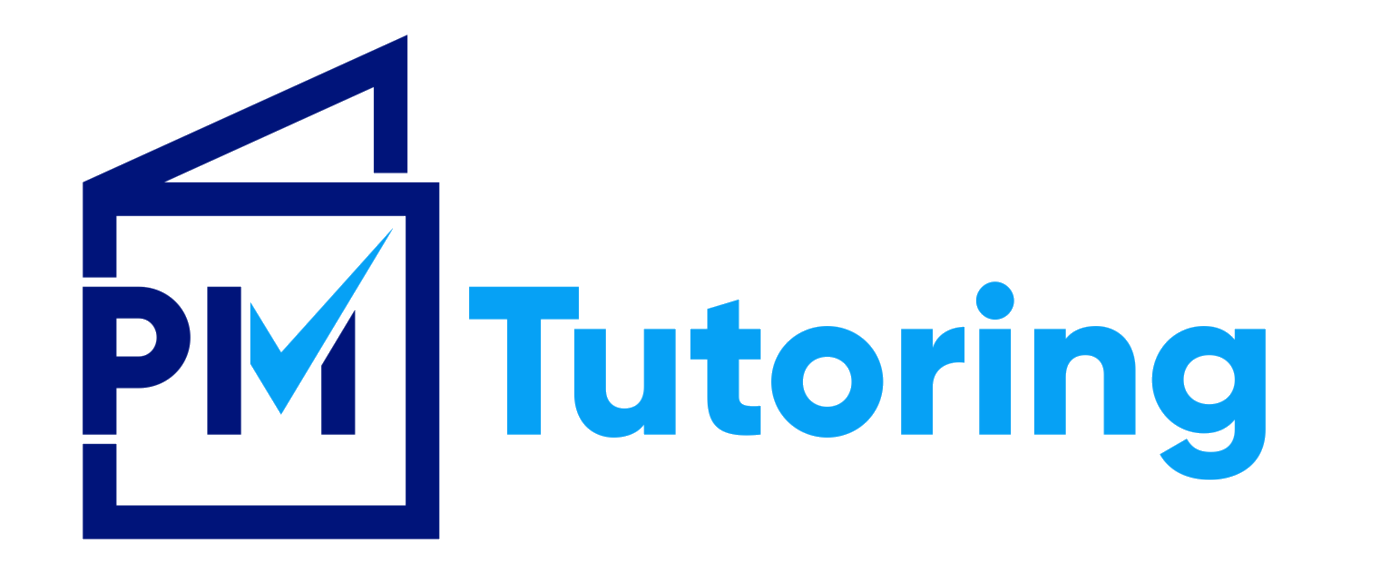Covid Learning Loss—What We Know and What We Can Do About It
The Covid-19 Pandemic has been a profoundly traumatic and disruptive experience. Students experienced unprecedented circumstances that nobody could have prepared for. Of course, health comes first. Schools were shut down and staff heroically attempted to provide a virtual learning solution.
However, it is undeniable that learning suffered, and the effects will continue to linger for years. In fact, the Organization for Economic Cooperation and Development (OECD) has estimated the potential economic impact of COVID learning loss at $14 trillion dollars over 9-10 years.
The Numbers:
While High School GPA has steadily increased over the last several decades, standardized assessment scores have remained stagnant or fallen (see figure).
This trend, while discernable for the past decade, became more prominent during the pandemic, likely in part due to grading policies implemented during this time:
Pass/fail
No grade lower than C-
No grade lower than pre-pandemic grade
No Fs
Studies including data from ACTs, High School GPAs, and NWEA assessments highlight some key takeaways:
Younger students were more adversely affected
Grammar and Math skills were impacted more than Reading skills. It is estimated that students lost roughly 2-4 months’ worth of instructional time in Grammar and Math.
Students at schools that were quicker to return to school (in person for 75% or more of the 2020- 2021 school year) experienced less learning loss (the equivalent of 7-10 weeks) than students who attended schools that stayed remote for longer (the equivalent of 13 weeks).
This is also consistent with AP scores, which dipped-post pandemic while grades largely remained unaffected.
For example, in 2019, 37.7% of student earned a score of 4 or 5 in AP Calculus AB and 61.7% of students earned a score of 4 or 5 in AP Calculus BC. Those dropped to 32% and 55%, respectively, in 2021.
The Implications:
Students may struggle not only with foundational academic knowledge but organizational and soft skills as well. It is important to take an empathetic and holistic approach as we work to get back on track.
Emotional Support
Confidence may be low- but it is important for students to understand they are not alone. Family, peers, and community are key in re-building a sense of comfort moving forward. Students should be encouraged to leave the house, explore new things, and re-create a sense of joy. Journaling and self-reflection can also be helpful routines and habits to incorporate as students regain their sense of identity. PMTutoring Director Pranoy Mohapatra likes the 5-Minute Journal, which helps start and finish days on a good note by practicing gratitude.
Organization and Structure
We are moving through a chaotic time. Teenagers and young adults are not necessarily known for incredibly organizational and prioritization skills. However, it takes a village—parents, communities, and educators all need to invest in helping the next generation blossom and thrive.
Consider helping your child develop stronger organization skills to foster a sense of confidence and control. Perhaps set aside time during a certain day of the week (Sunday evenings?) to plan for the week ahead. Google or Apple Calendar are excellent tools in helping students plan out their time and avoid procrastination. Physical calendars work as well! Once somebody puts an activity into a calendar, the sense of ownership makes it much harder to evade said task. Goals are great as well! Setting SMART (Specific, Measurable, Achievable, Relevant, and time bound) goals creates a strong positive feedback cycle—it is easier to continue in any journey when there are continual wins. For example, “I will study for my math class for one hour each afternoon Monday to Friday for 5 weeks” or “I will create a deck of 100 flashcards related to my Spanish course and memorize all 100 flashcards within 3 weeks by spending 20 minutes per day on the task” (Find more ideas here!) Note, these do not necessarily have to be academic- health and wellness or social goals can be set as well! The excitement of meeting goals is powerful and transformative.
Prepare for Success:
Of course, Rome wasn’t built in a day, and for many, it makes sense to ease back into the rigors of academics. Consider some of the following free options listed below! Positive feedback and rewards are an excellent way to encourage students to be consistent and stick with any program they choose- but it is easy to fall off the wagon. Spend some time putting together a plan (use SMART goals!) to incorporate some of these platforms into your child’s week.
Note- PMTutoring is not affiliated with and does not receive any financial compensation for recommending these products.
Reading Comprehension
ReadTheory - a great free tool for measuring and building reading comprehension skills. It tracks progress in a simple and structured manner.
Vocabulary.com – a free and fun way to build vocabulary skills in short amounts of time.
Grammar and Writing
Quill.org is a free and robust platform that tracks data and provides adaptive practice on the grammatical concepts that a student most needs to support. There are diagnostic tests and frequent assessments with short informative introductions to each grammatical concept before each assessment to track progress.
NoRedInk is another excellent grammar platform that offers plenty of quizzes and can be geared towards SAT and ACT prep as well. The dashboard allows students to monitor their mastery of each topic.
Math
Khan Academy is the premiere free educational platform for math- Concepts are broken up into digestible pieces with thorough reviews before quizzes. The progress tracking encourages students to continue to work alongside it, as everybody loves experiencing growth!




